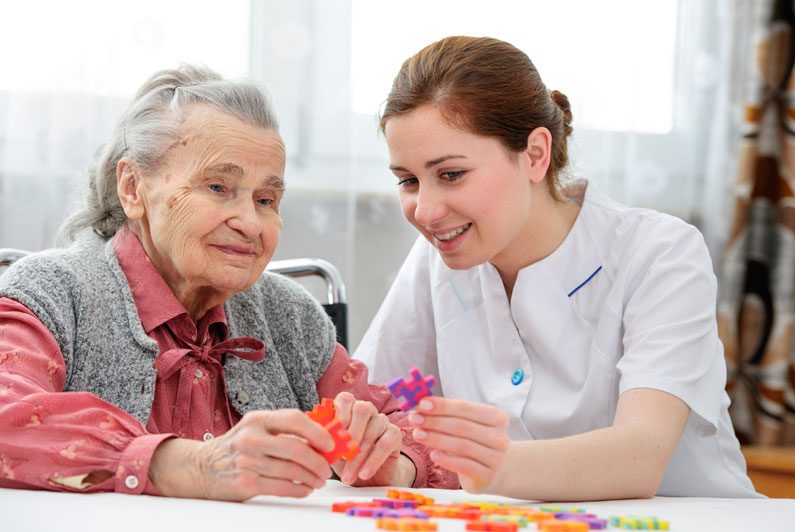There can be serious repercussions for a senior’s health if they are feeling lonely and isolated. We can prevent this if we try to understand the causes and risk factors associated with these feelings.
Nobody wants to be alone. But yet, unfortunately, it is what many North American seniors have to deal with.
According to the U.S. Census Bureau 11 million, or 28% of people aged 65 and older, lived alone in 2010. As we grow older, our chance of living alone only increases. Additionally, more and more older adults do not have children, reports the AARP, which means fewer family members to provide company and care as those adults become seniors.
Seniors are more prone to social isolation when they live alone. What is very important though is how often seniors engage in social activities.
Statistics Canada reports that 80% of Canadian Seniors participate in one or more social activities on a frequent basis (at least monthly) – but that leaves fully one-fifth of seniors not participating in weekly or even monthly activities.
As we age, social contact tends to decrease for a numerous reasons: retirement, the death of friends and family, or lack of mobility. No matter what the cause is for senior isolation, the repercussions can be disturbing and maybe even detrimental. Even just the feeling of being alone is something many seniors struggle with. Fortunately, the past couple of decades have seen increasing research into the risks, causes, and prevention of loneliness in seniors.
Below are 20 facts about senior isolation to help educate you:
- Senior isolation increases the risk of death in adults aged 52 and older.
- Feelings alone can affect both physical and mental health.
- Cognitive decline and the risk of dementia are related to perceived loneliness.
- Seniors are more susceptible to elder abuse if they are feeling socially isolated.
- LGBT seniors are much more likely to be socially isolated.
- Social isolation in seniors is linked to long-term illness.
- Depression is a major risk factor for lonely seniors.
- Loneliness causes high blood pressure.
- Socially isolated seniors are more cynical about the future.
- Physical and geographic isolation often leads to social isolation.
- Isolated seniors are more likely to need long-term care.
- Loss of a spouse is a major risk factor for loneliness and isolation.
- Transportation challenges can lead to social isolation; some seniors need to be mobile.
- Caregivers are also at risk for social isolation.
- Loneliness can be contagious.
- Lonely people are more likely to participate in unhealthy behavior – poor diet, lack of physical activity and smoking to name a few.
- Volunteering can be very rewarding and reduce social isolation and loneliness in seniors.
- Taking a class, for instance, classes on health-related topics, computer training or even exercise classes can help combat loneliness.
- Technology may help with feelings of loneliness – but not always.
- Physical activity reduces the feeling of being isolated.
Understanding the facts can help us prevent loneliness in our senior loved ones as they face the life changes of aging. Seniors that go to senior centers, hire Elderly Home Care, do activities, go places, etc., will create valuable connections and thereby reduce isolation.

